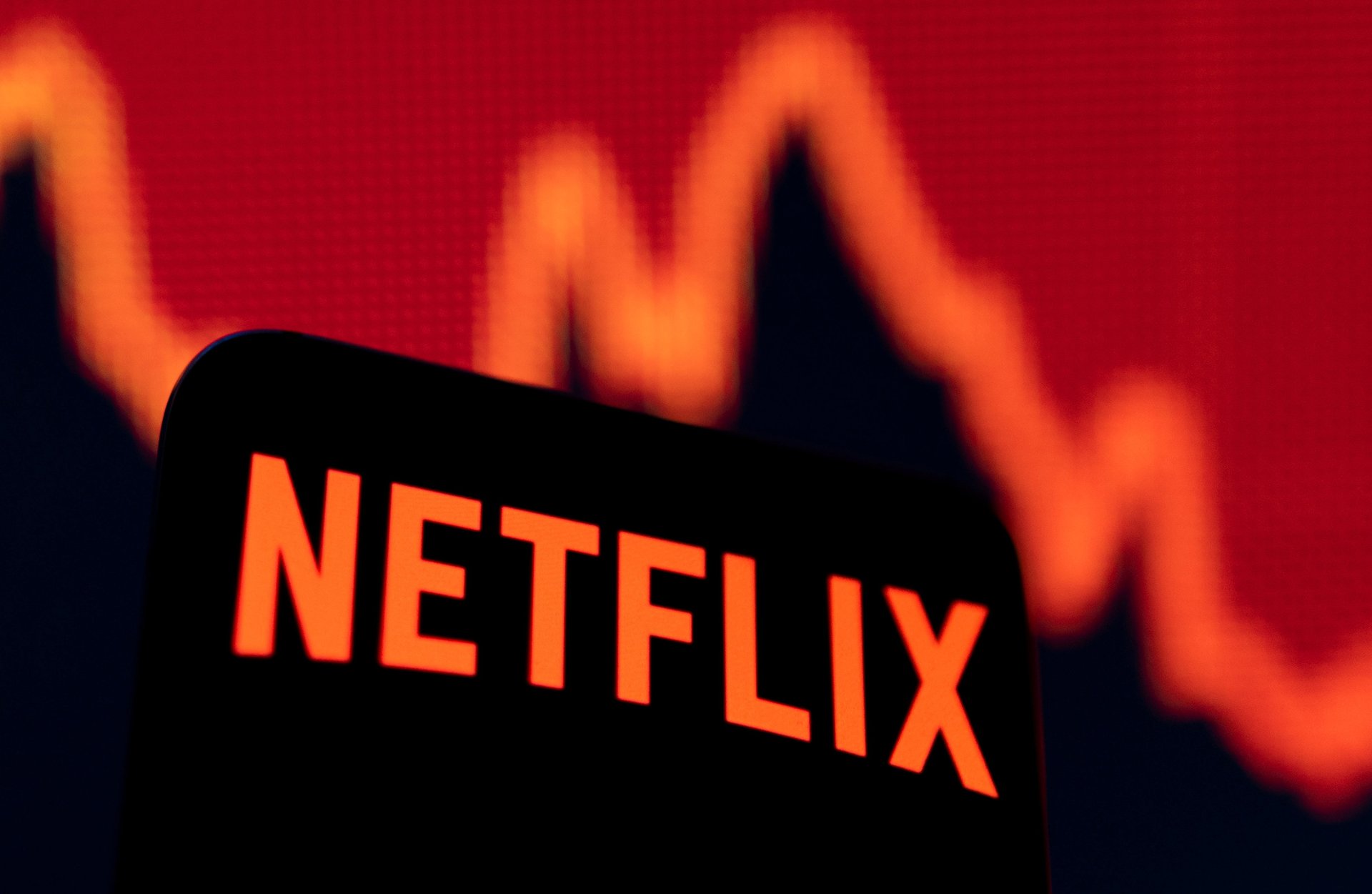Netflix, GM, and other big companies got big tax breaks from the Trump tax cuts
At least 55 U.S. companies have paid an effective tax rate of less than 5% since 2017

Some of the largest and most profitable corporations in the U.S. have dramatically reduced their tax bills in recent years thanks to the tax cuts enacted under then-President Donald Trump.
Suggested Reading
The $1.9 trillion Tax Cuts and Jobs Act (TCJA) of 2017 — championed by the former president and ex-New York businessman — slashed the federal corporate income tax rate from 35% to 21%. Additional loopholes benefitted major companies, according to the Institute on Taxation and Economic Policy (ITEP).
Related Content
The institute examined 342 of the most profitable companies in the U.S. and how much they paid in taxes between 2018 and 2022, the first five years after the bill became law.
When taken together, those companies paid an average effective tax rate of just 14.1%. For the $3.99 trillion they raked in, they paid just $562.29 billion in federal taxes.
Eighty-seven firms paid effective tax rates in the single digits or less; 55 of those companies had effective tax rates of less than 5%. That latter group includes some of the heaviest hitters: Netflix, Nike, General Motors, AT&T, Salesforce, Bank of America, and Citigroup.
Netflix, for example, had an effective tax rate of 4.9% and paid $954 million in federal taxes, or a fraction of its $19.4 billion profit over those five years. Bank of America recorded $138.9 billion in profits and paid an effective tax rate of 3.8%, or $5.3 billion in taxes, over that same period.
But 23 firms managed to pay even less. T-Mobile U.S., Office Depot, and Xcel Energy paid zero — or less — federal income tax between 2018 and 2022, even as they generated profits each year.
For comparison, the average single American worker faced a net average tax rate of 24.8% in 2022, according to the Organization for Economic Co-operation and Development.
“Tax avoidance occurs because Congress chooses to allow it, either by enacting special exceptions and breaks from the regular tax rules or by leaving in place loopholes that are clearly being exploited,” the report says, after emphasizing that none of these corporations have broken any laws.
The future of the Trump tax cuts is on the line in 2024.
President Joe Biden has supported increasing the corporate tax rate to 28% and raising taxes on the wealthy to lower the national deficit. Congressional Republicans, who currently control the U.S. House, would rather extend the tax cuts or make them permanent. The legislation’s tax breaks for individuals are set to expire at the end of 2025.
“It sets up an extraordinary policy battle for 2025. Something has to happen,” Howard Gleckman, a senior fellow in the Urban-Brookings Tax Policy Center, told Barron’s last week.